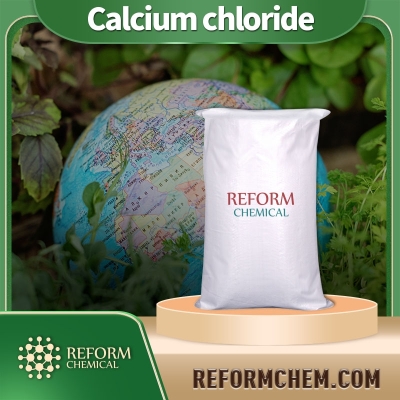-
Categories
-
Pharmaceutical Intermediates
-
Active Pharmaceutical Ingredients
-
Food Additives
- Industrial Coatings
- Agrochemicals
- Dyes and Pigments
- Surfactant
- Flavors and Fragrances
- Chemical Reagents
- Catalyst and Auxiliary
- Natural Products
- Inorganic Chemistry
-
Organic Chemistry
-
Biochemical Engineering
- Analytical Chemistry
-
Cosmetic Ingredient
- Water Treatment Chemical
-
Pharmaceutical Intermediates
Promotion
ECHEMI Mall
Wholesale
Weekly Price
Exhibition
News
-
Trade Service
Safety of Sodium Carbonate, Monohydrate in the Chemical Industry
Sodium carbonate, also known as washing soda, is a white, crystalline powder that is widely used in the chemical industry for a variety of purposes, including the production of soap, glass, and detergents.
Sodium carbonate, monohydrate is a specific form of sodium carbonate that contains one mole of water of hydration per mole of anhydrous sodium carbonate.
Sodium carbonate, monohydrate is generally considered to be a safe chemical, provided that it is handled properly.
However, like all chemicals, it can be hazardous if proper precautions are not taken.
In this article, we will discuss the safety precautions that should be taken when handling sodium carbonate, monohydrate, and the steps that should be taken in the event of an accident or exposure.
Hazards of Sodium Carbonate, Monohydrate
Sodium carbonate, monohydrate is generally considered to be a safe chemical, but it can cause irritation to the skin, eyes, and respiratory system if it comes into contact with them.
Prolonged exposure to high concentrations of the chemical can also cause more serious health problems, such as damage to the lungs and kidneys.
In addition to the health hazards posed by the chemical itself, sodium carbonate, monohydrate can also be combustible and can cause fires if it is exposed to heat or sparks.
It is also hygroscopic, which means that it readily absorbs moisture from the air, which can lead to caking and difficult handling.
Handling Sodium Carbonate, Monohydrate
To ensure the safe handling of sodium carbonate, monohydrate, it is important to follow proper safety precautions at all times.
This includes wearing appropriate personal protective equipment (PPE), such as gloves, eye protection, and a lab coat or protective clothing, when handling the chemical.
It is also important to avoid exposing the chemical to open flames or other sources of heat, and to store it in a cool, dry, well-ventilated area that is away from sources of ignition.
In addition to wearing appropriate PPE and avoiding sources of heat, it is also important to handle the chemical in a well-ventilated area and to avoid inhaling the dust.
It is also important to avoid contact with the skin and eyes and to rinse them thoroughly with water if they come into contact with the chemical.
In the event of an accident or exposure, it is important to follow established procedures for responding to chemical spills or exposures.
This may include evacuating the area, immediately washing the affected area with plenty of water, and seeking medical attention if needed.
Conclusion
Sodium carbonate, monohydrate is a commonly used chemical in the chemical industry that is generally considered to be safe when handled properly.
However, like all chemicals, it can be hazardous if proper precautions are not taken.
By following established safety procedures and wearing appropriate personal protective equipment, workers in the chemical industry can minimize the risks associated with handling sodium carbonate, monohydrate and ensure a safe and healthy working environment.







